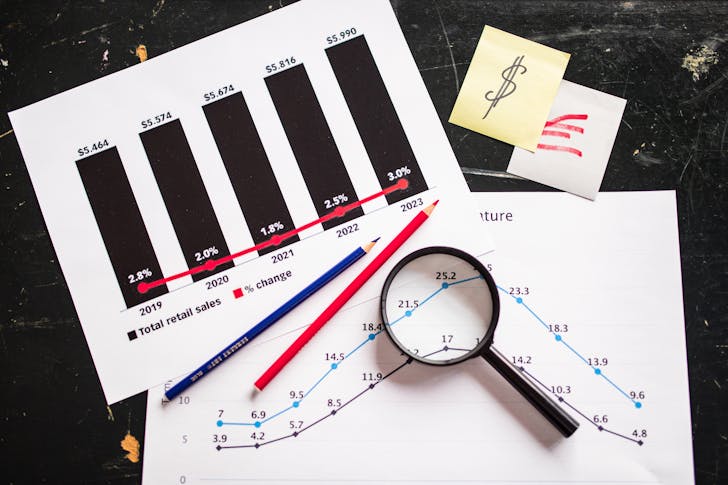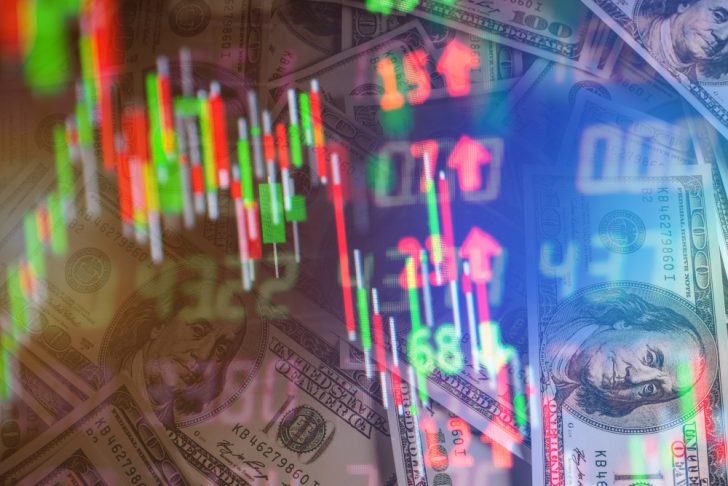5 Ways Fluctuation in the Bond Market Affects Your Investments
The bond market is not just something Wall Street suits obsess over. It hits your investments in real ways. The moment yields rise or fall, your money feels it. That’s especially true now, with trade tensions and inflation numbers giving the market whiplash.
Investors are watching the bond market like hawks because it is throwing off mixed signals. Here is how those shifts can mess with your returns.
Your Stocks May Sink or Soar
When the bond market swings, stocks often get shaky. That is because investors compare stock returns with bond yields. If bond yields rise, some folks move their money out of stocks and into bonds. Why take the risk when a safer bet suddenly pays more?
But when bond yields fall, money flows back into stocks. This back-and-forth creates chaos in your portfolio. Prices jump, dip, and react fast. You don’t even have to own bonds to feel the ripple. Just being in the market puts you in the game.
Interest Rates Tag Along

RDNE / Pexels / If bond yields drop, it suggests slowing growth. The Fed might then cut rates, hoping to juice the economy.
The bond market speaks directly to the Fed. When yields climb, the Fed often gets the message: time to raise interest rates. That makes mortgages, credit cards, and loans more expensive. Which means you, the investor, are spending more and possibly investing less.
That might boost markets for a while, but it also tells you things are not looking so great. Either way, the bond market calls the tune, and your wallet dances.
Your Bonds May Lose Value
This one is basic and brutal. Bond prices fall when interest rates go up. So if you already own bonds and rates rise, your bonds are worth less. It is like buying a new phone and finding out the next day it’s 30% cheaper.
Long-term bonds get hit the hardest. If you hold them in a retirement account or income fund, your balance could dip. Fast. Even “safe” investments can shrink.
That is why watching the bond market helps you protect what you already own.
The Bond Market Messes With Risk
The bond market helps set the mood for risk. If yields go wild, investors get jittery. That nervous energy spreads to everything else, like stocks, crypto, or real estate. People sell. Prices swing. It is like a storm rolling through every corner of the market.
This kind of stress can make you second-guess your whole investment strategy. Are you holding too many risky assets? Should you sit on cash? That fear doesn’t just change your plan. It messes with your head. All because the bond market sent a signal.

Freepik / When the bond market shows weakness, the opposite happens. Investors back off. The dollar falls.
Global Money Moves Shift
The U.S. bond market affects more than just America. When yields here jump, investors from around the world pile in. They want a higher return. That makes the dollar stronger and hits foreign markets. If you have international investments, you will feel that shift.
Other countries feel relief, but you might take a hit if you have bet on overseas growth. It is all connected. A swing here sends waves everywhere.
April’s inflation numbers came in soft, but the story is not over. Trade fights and rate jitters mean the bond market could spike again. Or slump. Either way, it is not staying quiet. And every twitch shakes your portfolio.